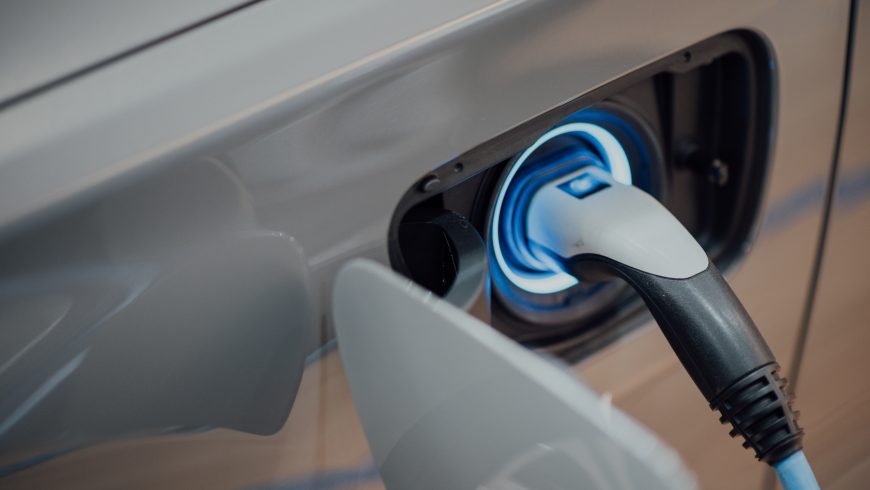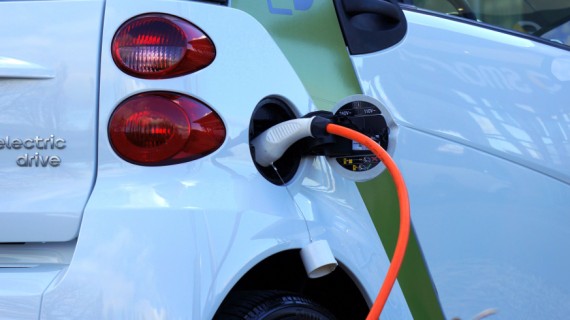The car manufacturing industry has rapidly transitioned worldwide. This evolution involved dependence on ICEs to EVs. ICE stands for internal combustion engines and EVs for battery electric vehicles. This change remains crucial in the reduction of greenhouse emissions with an important objective. That is avoiding disastrous effects of climate change. Likewise, it offers a growth opportunity for American automakers. Meanwhile, the US Government invested around USD2.4 million to develop the national EV sector. The investment came in the form of federal grants. Government efforts helped stimulate the industry and created ‘green collar jobs’ to fast-track the American economy’s recovery.
EV Charging: Recyclable or Reusable Batteries
Electric vehicles help improve the quality of air. Minus the tailpipe, EVs do not release carbon dioxide while in motion. This significantly reduces air pollution. Look at the largest states with EV charging stations: New York, New Jersey and California allocated USD1.3 billion in charging infrastructure for EVs. This is expected to pave the way for extensive adoption of electric cars which benefit the environment. Besides, EVs and hybrids use recyclable batteries. In fact, more recent models use lithium ion batteries. These have longer range and lighter weight like laptops and smartphones. Said batteries normally last for 10 years.

EVs Help Save the Climate
Electric vehicles help in climate protection. In fact, EVs have smaller carbon footprints compared to cars that are using gasoline or diesel fuel. This new mode of cars has fewer emissions contributing to climate change than traditional vehicles. Discharges are lower in generating electricity as against burning other fuels. By using renewable energy while recharging your electric vehicle, you further decrease greenhouse emissions.

EVs Reduce Noise Pollution
These EVs have the capacity to somehow neutralize noise pollution. The electric vehicle’s noiselessness reduces noise levels. Less engine noise makes the environment more serene. Many people may consider noise contamination a mere nuisance. Yet, research studies show that too much noise pollution can cause adverse health and emotional effects. These include amplified anxiety, probable depression and chronic diseases.

Manufactured from Eco-Friendly Materials
Car makers strive to manufacture units which have less negative impact on the environment. These companies look for recycled raw materials using less water and energy. In most instances, consumers look for more sustainable features in their vehicles. The EV’s space framework comes from strong but lightweight aluminum. Seat frames and the steering wheel are fabricated from magnesium. The body’s impact-resistant composite plastic can be recycled. On the other hand, the wind shield’s solar glass prevents the interiors from overheating under intense sunlight. Other plastic and metal components do not require lubrication.

EVs as the Future of Green Transportation
What role do electric cars play in shaping the future? Do people need greener vehicles? Aside from riding bicycles and other green transportation, riding EVs can spur innovations in energy storage as well. This in turn can lead to quicker spread of renewable energy globally. Actually, nations with high percentages of motor vehicle ownership can contribute to faster acceptance of EVs. This enables a quicker shift to a green transport system. It can be realized with no or less infrastructure investments. Electric transportation can attain practical carbon savings if materials and energy are originated from sustainable sources. With the growing efficiency of the recent generation or electric vehicles, EVs can indeed become the green alternative. From the perspective of electric transportation, there is a feasible solution from the industry to climate change.

Option for Car Owners
Car owners need to make a smart choice. You should consider the benefits of owning an EV and the costs involved. After a thorough assessment, you can choose between purchasing an EV from leading manufacturers or sticking to the traditional American automobile.




